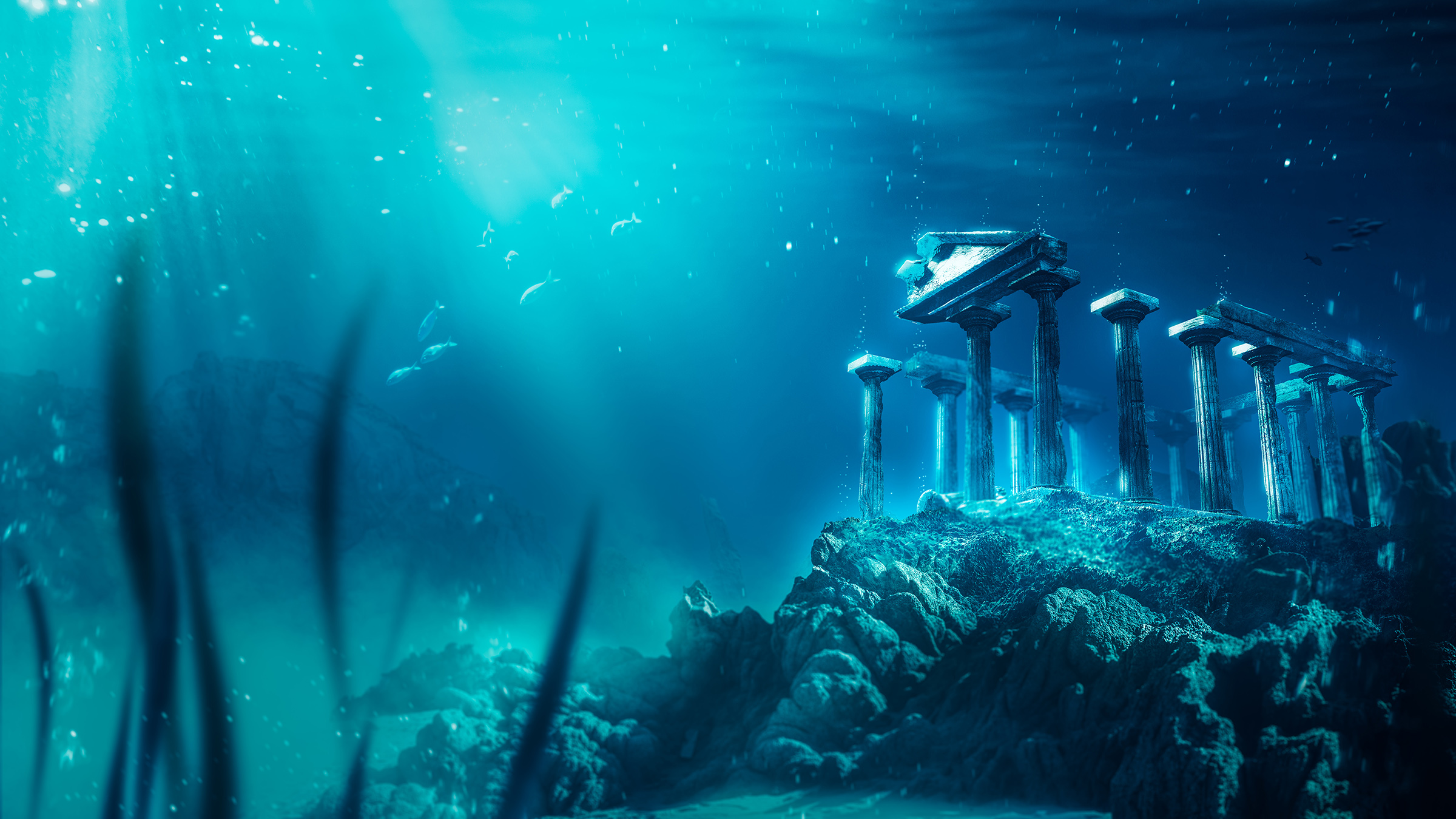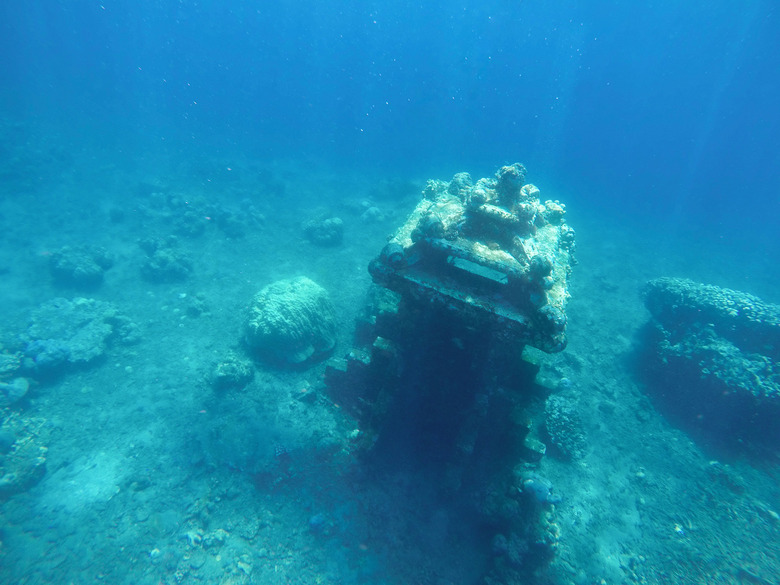Archaeologists Uncovered A 2,000-Year-Old Temple Submerged Underwater
A sunken temple that feels like it could be straight out of an Indiana Jones movie has been discovered off the coast of Italy. The temple was built by Arabian immigrants from the Nabataean culture, whose "Treasury" was featured as a big part of Indiana Jones and the Last Crusade.
The temple is estimated to be at least 2,000 years old and was found just off the coast of Pozzuoli, a town near Campi Flegrei, just 10 miles east of Naples. This city, known as Puteoli in Roman times, was once a massive harbor. Much of the harbor has been lost to the sea due to coastline changes caused by volcanic activity.
However, roughly 1.2 miles of the ancient Roman-era warehouses and buildings have been preserved, including the sunken temple, which was believed to exist in the area thanks to artifacts dating back to the 18th century being found in the area. However, nobody knew where to look for the temple until last year.

That's because Researchers began mapping the seafloor in the region. While mapping, they discovered two completely submerged rooms with Roman-style walls. The walls measured roughly 32 feet by 16 feet and appeared to make up two large rooms. Additionally, they discovered two white marble altars leaning against the wall of one of the rooms.
Both of the altars appeared to include several rectangular-shaped recesses, which likely housed sacred stones used by the Nabataean people who visited the temple. However, researchers aren't surprised to find the sunken temple or that it belonged to the Nabataean people. They were a community of traders, historians note, and Puteoli was the second-largest city and the main harbor of Roman Italy during that time.
Researchers believe the temple may have been abandoned by the Nabataean people after Trajan's conquest of Arabia in 106 A.D. However, it's unclear if that is actually what happened or if something else caused them to abandon it. What they do know is that the temple appears to have been purposefully buried in a mix of concrete and broken pottery during the second century A.D.
